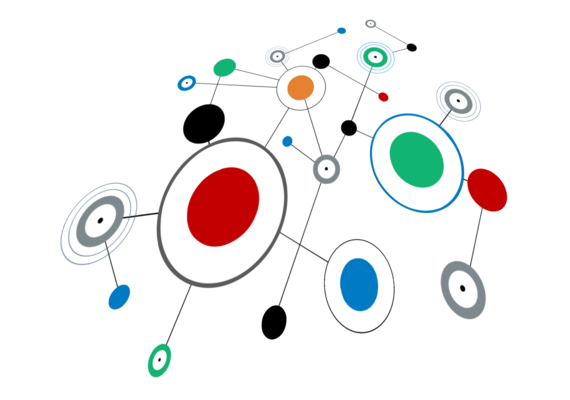
Data Linkage
What is data linkage and why is it important?
Data linkage is the process of pairing information from two different records based on matching elements and it is integral for ensuring a complete health record. Not all health data is the same. This is because interactions with the healthcare system vary and most people receive services from more than one source. Providers often keep data collections that are tailored to their own administrative and informational needs. This can create variable data capture and maintenance and, as a result, a disconnect can be seen through the health record. Health databases are usually centred upon a particular type of service, disease/condition or characteristic and using linked data makes it possible to gain a more comprehensive understanding that could not be obtained from either data source individually.
Linkage can be performed within and across datasets. Duplicate and multiple entries (re-admissions) can be identified for an individual patient when linkage is performed on a single data set. When linkage is done on two distinct datasets, the information from each can be conjoined to create a comprehensive health profile for a patient at different stages in their healthcare journey.
Deterministic Linkage
Deterministic linkage relies on the use of a single reliable, stable and unique identifier or sets of matching identifiers (e.g. full name, date of birth, residential address). In Alberta's healthcare system, the Provincial Health Number or PHN is the most commonly used unique identifier. A PHN is created for every registered citizen in the province and remains the same throughout the duration of their lifetime. Most data sets record the PHN of each patient for every entry. This number can be used to find this patient within many different data sets.
Probabilistic Linkage
Probabilistic linkage becomes useful when there are no unique identifiers available. This method of linkage relies on achieving a close approximation to patient identification through the use of alternative variables. When these variables are used in combination, the linkage becomes more accurate.
How can the Centre for Health Informatics help with your data linkage needs?
The CHI has access and capacity to link multiple databases within Alberta Health Services (AHS) and is well positioned to do this analytic work. For studies, the operational team will consist of senior AHS biostatisticians for data extraction and modelling, data scientists for machine learning and integration of data an epidemiologist for study design and project management, clinicians for scientific oversight and quality assurance, and clinical team leads for publications and media exposure. This team has the expertise to ensure data can be rapidly extracted and linked.

Does your project require data linkage?
We have a qualified team who are able to help manage feasibility assessments, data security and the technical aspects of data linkage to help you embark on your project. To request CHI's data linkage services
